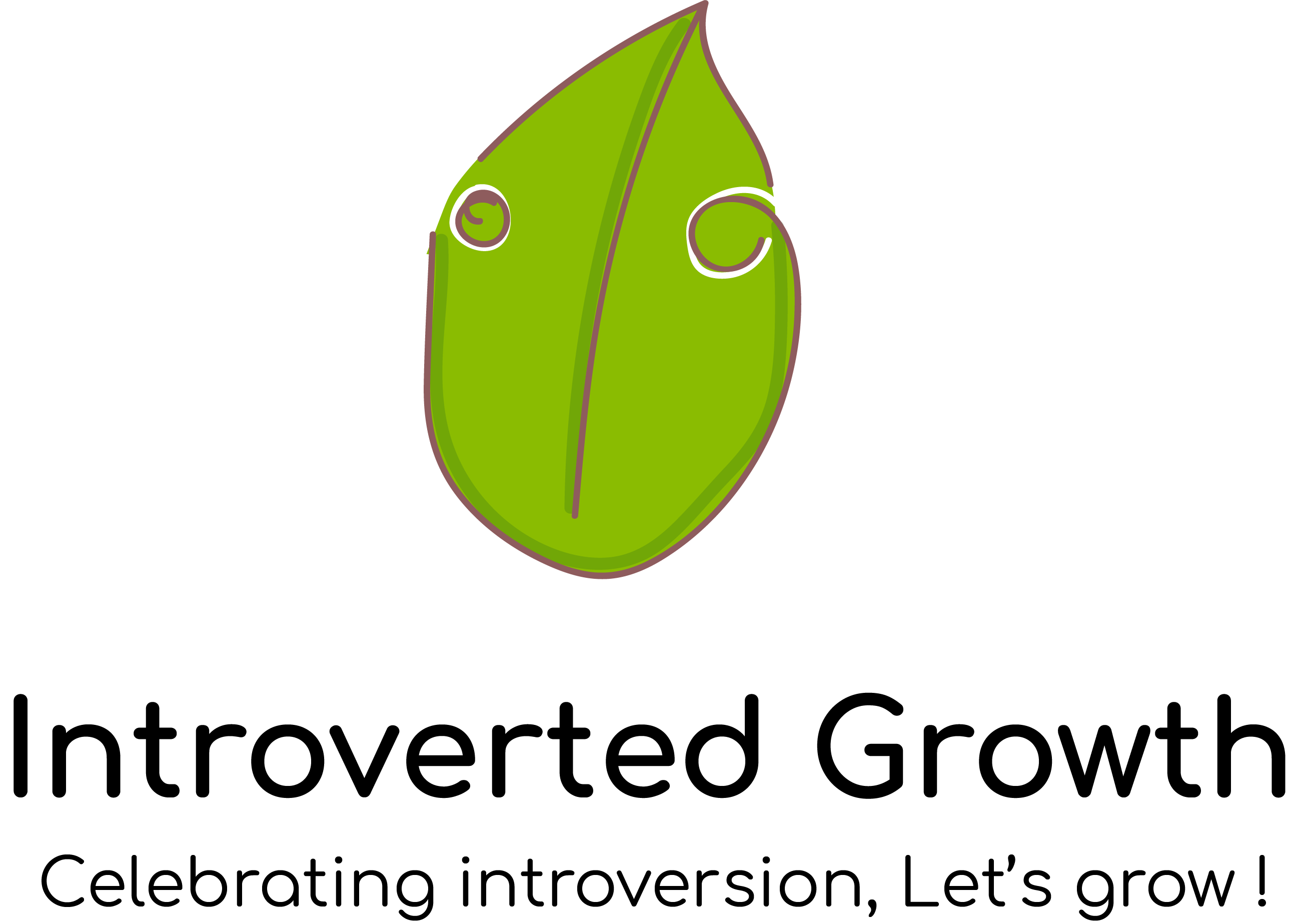Growing up in a society that actively promotes extroversion and points out that you’re different whenever you’re being yourself, can only result in the belief that you are abnormal, something is not right with you, or else you would fit in.
In reality, though, being different is the absolute norm considering we humans are unique individuals with physiological characteristics that don’t match even those of our parents.
Now in regard to our question …
Is Being Introverted Genetic?
A lot of research in recent years confirms that introversion is an inborn trait and that most of our introverted preferences relate to our genetics. The researchs actually were based on a theory discussed back in the 60s by psychologist Hans in his book ‘The Biological Basis of Personality”.
Hans proposed that introverts and extroverts have different arousal levels- Introverts having higher levels than extroverts.
What this means is that introverts don’t require much effort to respond to stimulation. That’s why introverts reflect inwardly and prefer solitary activities.
Whereas extroverts seek external stimulants and outgoing activities to compensate for their naturally lower levels of arousal.
What Causes Introversion?
In 2005, Michael Cohen and his colleagues published a research paper analyzing the brain activity of participants during a gambling task. The results showed that brain activity did differ between introverts and extroverts.
Extroverted participants had a gene that increases the brain’s response to dopamine which made them respond strongly when they win a gamble. Introverts, on the other hand, don’t possess this gene thus they don’t respond as strongly to dopamine.
The research confirmed Eysenck’s theory, introverts and extroverts respond to stimuli differently due to the variance in their arousal levels.
But Genetics Are Not The Whole Story …
Although it is true that we are either born introverts or extroverts (with variations on the extrovert-introvert spectrum), these temperaments ( introversion and extroversion) are both influenced by the environment and the influence starts actually from a younger age.
The way a child is brought up can heavily impact the degree of their introversion when growing up and the same applies to extroverted children.
Dr. Marti Olsen Laney dives in her book:” The Hidden Gifts of the Introverted Child” into the details of how inborn qualities and environmental influence from a younger age combined togather form an individual’s personality.
Can an Introvert Become an Extrovert?
No. once an introvert always an introvert.
That being said, the revelation that introversion is indeed an inborn temperament doesn’t drop the fact that introverts can definitely cultivate extroverted qualities and lead extroverted positions.
This is why I mentioned above that introversion is not all about genetics. It is not wise to focus only on the physiological basis of your personality and limit yourself to certain qualities when in fact environment, life events, and our purposes in life eventually play a major role in shaping our introverted personality.
I became a teacher even though I am a shy introvert and everyone around me thought I wasn’t cut for a teaching career because of my introverted tendencies.
How Common Is Introversion?
There isn’t a way to know how many introverts are there in the world. These statistics supposedly change according to individuals’ behaviors. And in reality, since there is no such thing as an extreme introvert or extrovert, it’s safe to assume that there are more ambiverts( outgoing introverts) in the world than pure introverts or extroverts.
nonetheless, introversion is more common than we introverts used to think it was. Susan Cain, author of Quiet: The Power of Introverts said in an interview that “According to the latest research, one-third to one-half of us are introverts – that’s one out of every two or three people you know. But you’d never guess that, right? That’s because introverts learn from an early age to act like pretend extroverts.”
FAQs
-
What causes someone to be an introvert?
The causes of introversion are complex and varied, and often include a combination of genetic, environmental, and personal factors. For example, introversion can be influenced by a person’s temperament, upbringing, life experiences, and brain chemistry.
-
Is extrovert vs introvert genetic?
There is some evidence to suggest that introversion and extroversion have a genetic component, meaning that certain personality traits may be inherited. However, it’s important to note that genes are not the only factor that determines whether someone is an introvert or extrovert.
-
Can you develop introversion?
While some people may be naturally more introverted or extroverted, it is possible for someone to develop introverted tendencies over time. For example, significant life changes, such as a traumatic event, may cause a person to become more introverted.
-
Is introversion just trauma?
No, introversion is not just trauma. While trauma or other life events may contribute to a person’s introverted tendencies, introversion is a natural and valid personality trait that exists independently of trauma or other external factors.
Wrapping Up…
Our temperament is defined by our genes but also impacted by our environment and life experiences.
And knowing that our temperaments are inborn and that being introverted is initially genetic makes those social standards seem all the more ridiculous. Can you believe you have been deemed an outcast for having society’s least favorite temperament?
If Only we grew up knowing that introversion is a temperament. Being introverted is okay and being different is definitely normal.






